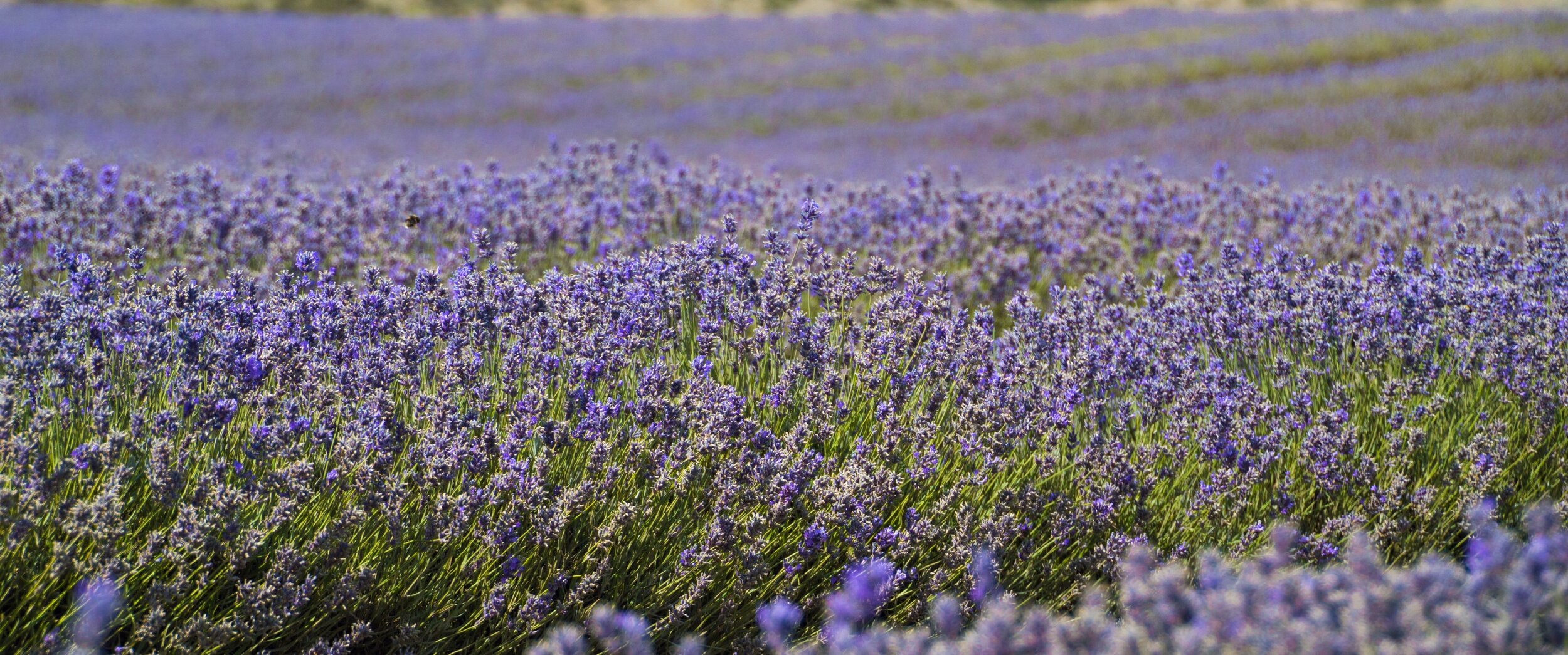
Allergy to Flower Pollen
In spring, flowers begin their seasonal growth, releasing copious amounts of pollen into the air triggering a season of misery for allergy and asthma sufferers.
What is Allergy to Flower Pollen?
An allergy to flower pollen, often referred to as pollen allergy or hay fever, is an adverse immune response to the pollen grains released by flowering plants. Normally, pollen is harmless. However, in susceptible individuals, the immune system mistakenly identifies these pollen grains as a threat, leading to an allergic reaction.
Immunological Mechanism
When a person with a pollen allergy inhales pollen particles, their immune system reacts by producing Immunoglobulin E (IgE) antibodies. These antibodies bind to mast cells and basophils in the body, causing them to release histamine and other inflammatory mediators. This release leads to the symptoms associated with allergies.
Causes of Allergy to Flower Pollen
Pollen allergies are triggered by the inhalation of pollen grains from various flowering plants, which can be broadly classified into three types:
Tree Pollen: Such as birch, oak, and cedar.
Grass Pollen: Including ryegrass and Timothy grass.
Weed Pollen: Such as ragweed and mugwort.
Cross-reactivity can occur in some individuals where proteins in certain fruits, vegetables, or nuts are similar to pollen proteins, exacerbating the allergic reaction.
Signs and Symptoms of Flower Pollen Allergy
The symptoms of flower pollen allergies can range from mild to severe and include:
Nasal congestion
Runny nose
Itchy, watery eyes
Sneezing
Coughing
Itchy throat or ears
Worsening of asthma symptoms in asthmatics
Fatigue
These symptoms can significantly impair the quality of life and productivity.
Risk Factors of Allergy to Flower Pollen
Several factors increase the likelihood of developing pollen allergies:
Genetic Predisposition: A family history of allergies or asthma.
Environmental Exposure: High levels of pollen exposure, especially during specific seasons.
Other Allergies: Existing allergies increase the risk.
Age: Commonly develops in childhood or adolescence, but can occur at any age.
Birth Season: Some studies suggest those born during the pollen season may have a higher risk.
How Is Flower Pollen Allergy Diagnosed?
Diagnosis of pollen allergy typically involves:
Medical History: Evaluation of symptoms, their duration, and any seasonal patterns.
Physical Examination: Focusing on the nose, throat, and eyes.
Allergy Testing:
Skin Prick Test: Small amounts of different pollen allergens are placed on the skin, usually the forearm, and the skin is gently pricked to introduce the allergen.
Specific IgE Blood Test: Measures the level of IgE antibodies in response to different pollens.
Treatments for Flower Pollen Allergy
Medications
Antihistamines: Block the action of histamine, relieving symptoms.
Nasal Corticosteroids: Reduce inflammation in the nasal passages.
Decongestants: Relieve nasal congestion.
Leukotriene Modifiers: Block the action of certain immune system chemicals.
Mast Cell Stabilizers: Prevent the release of histamine from mast cells.
Immunotherapy:
Allergy Shots: Regular injections of increasing concentrations of allergens.
Sublingual Immunotherapy: Tablets or drops under the tongue.
Lifestyle and Home Remedies
Saline Nasal Rinse: Clearing the nasal passages of allergens.
Air Filtration: Using HEPA filters to reduce indoor pollen.
Controlling Indoor Humidity: To prevent mold growth.
Avoidance of Pollen Exposure: Staying indoors when pollen counts are high.
Preventive Measure to Avoid Flower Pollen Allergy
Prevention of pollen allergies primarily involves reducing exposure to pollen:
Monitoring Pollen Counts: Staying informed about local pollen forecasts.
Closing Windows: Especially during high pollen seasons.
Air Conditioning: Use in homes and cars.
Protective Clothing: Wearing sunglasses and hats outdoors.
Showering After Being Outdoors: To remove pollen from skin and hair.
Limiting Outdoor Activities: When pollen counts are high.
Avoiding Hanging Laundry Outside: To prevent pollen from sticking to clothing and linens.
Contact Dr. Lubitz Today and Arrange a Consultation
If your asthma or allergies are getting you down, don’t suffer needlessly. Same-day appointments are available. We have multiple offices throughout Manhattan.
